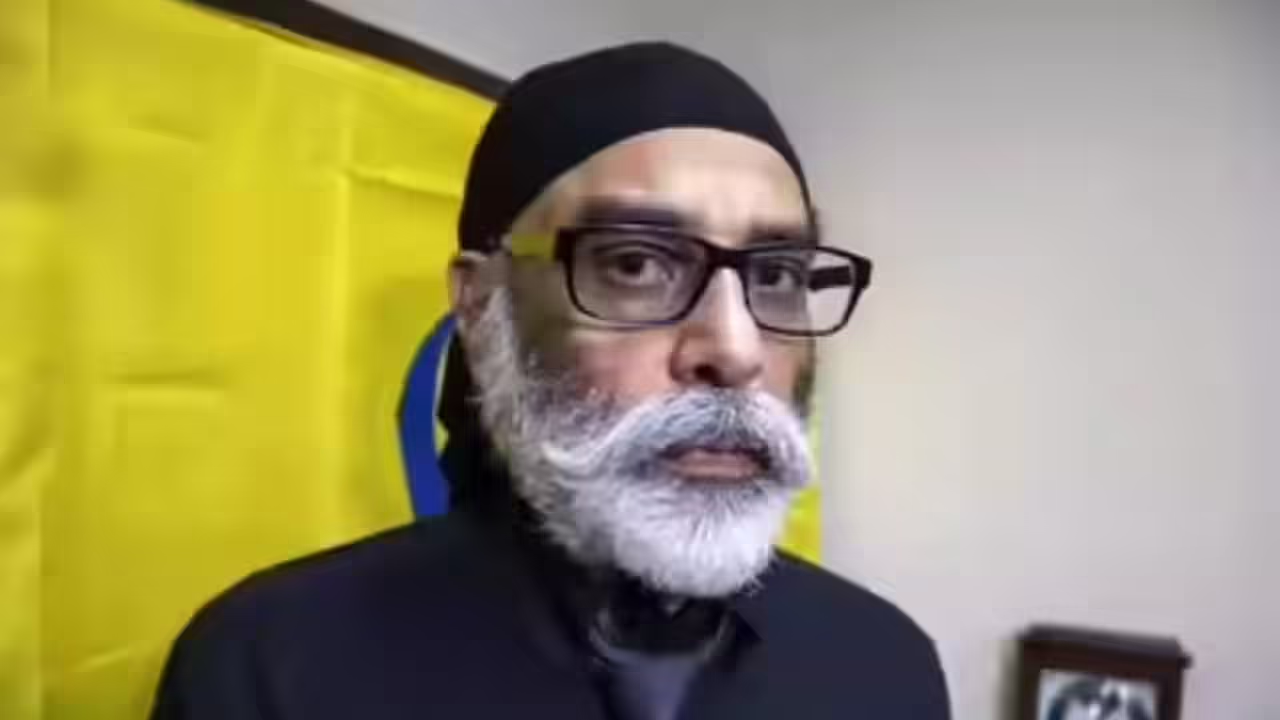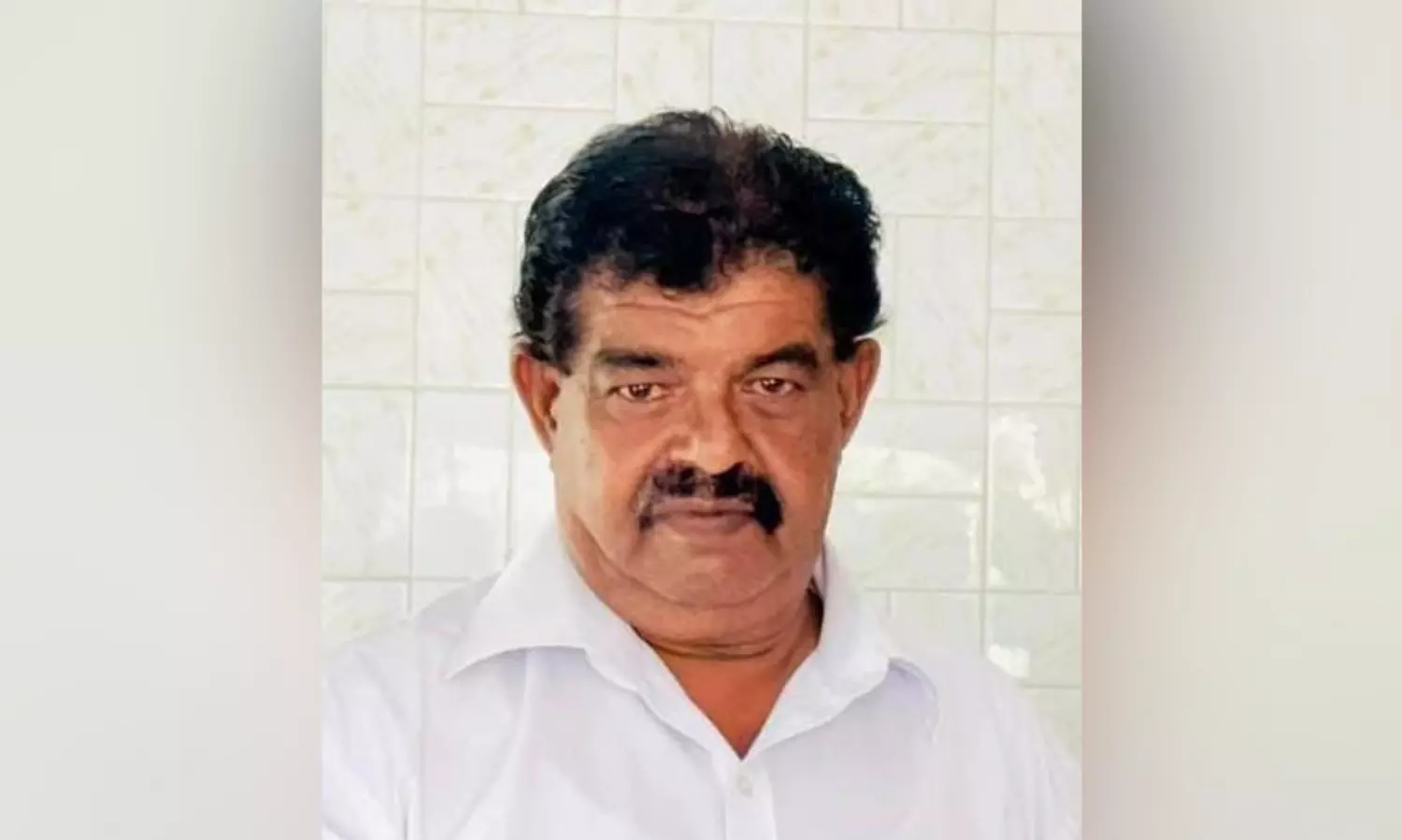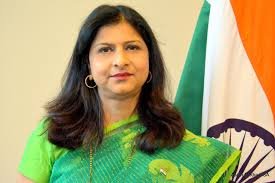“The colonial mindset meted out to the district judiciary must change to preserve the faith of citizens… judges are made targets when they stand up for what is right.”
— Supreme Court
While cancelling the bail plea of husband of a Member of Legislative Assembly (MLA), the Supreme Court said India cannot have two parallel legal systems – one for the rich and another for the poor.
The MLA belongs to Indian State of Madhya Pradesh’s Bahujan Samaj Party (BSP).
The Supreme Court observed that two parallel legal systems creating a rich, influential and the poor divide, is not something that India should have.
The MLA’s husband was arrested for the murder of Congress leader Devendra Chourasia, two years ago.
The compartmentalisation of judiciary and executive should not be breached by personal decision.
“The colonial mindset meted out to the district judiciary” must change to preserve the faith of citizens and stated that judges are “made targets when they stand up for what is right”, observed the apex court.
The dual system will result in eroding the legitimacy of the law. The state machinery should also abide by this rule of law, the apex court said. A bench of Justices D Y Chandrachud and M R Shah believed that the district judiciary is the first point of interface with the citizens.
The apex court said judges must be able to adjudicate disputes in accordance with the law. Other factors should not hinder their work. Hence, the bench said, “Independence of the judiciary and of each judge is a must. It is a must to secure independence from external influence and control.”
Personal decisions should not breach this compartmentalisation of judiciary and executive. Judiciary should be immune to political pressures, the apex court noted.
Judges being undeterred in their commitment to follow the law is vital, the bench observed.










